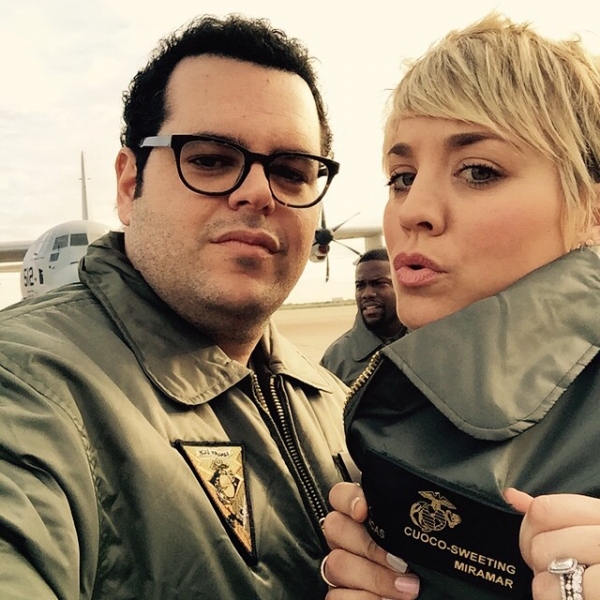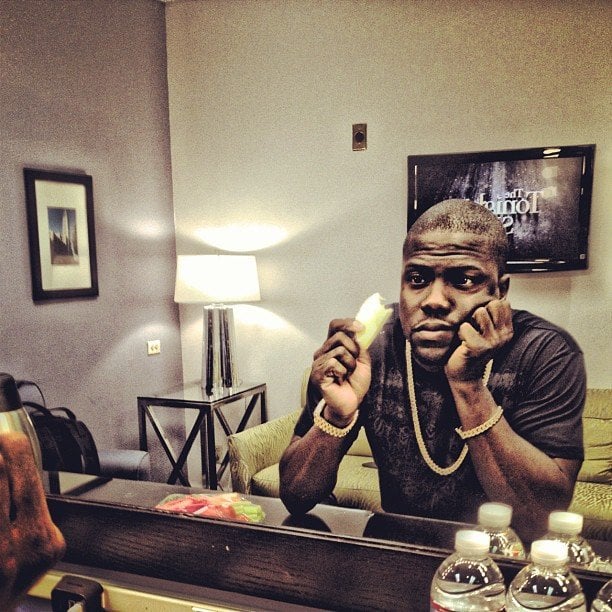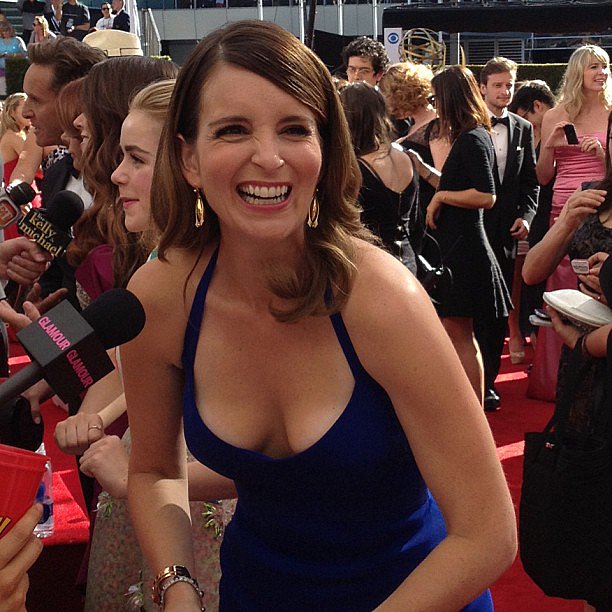Turning to comedy for relief from whatever life has thrown at them, these 5 comedians have explained that they developed their signature sense of humour after going through some hard times and used laughter as a coping mechanism to get them through whatever it was they were facing. Candidly explaining that their jokes can originate in dark places, these stars have spoken on how they get by laughing away what’s bothering them.
Amy Schumer
Amy began making jokes to ease her father’s suffering and make her family happy: “He was in physical pain. That’s when I kind of took the lead and took care of everybody in my family… I would keep everybody laughing. I’m the one who ties it all together.”
Josh began exploring comedy to make himself feel better: “Like so many of these stories go, I was the product of a broken marriage. And as a way to combat any sadness, I would defuse tension with humour. And that was a very empowering feeling for me. So, I started honing that skill.”
Kevin sees comedy as his therapy: “This is my therapy. You know. I didn’t talk about my mom passing away. I never talked about my dad being on drugs. I didn’t talk about my relationship status, and me going through a divorce — these are all things I had just held in, and I was very, very reserved about. And it got to a point where I was like, you know what? I’m a comedian! My fans will respect me more when I’m honest.”
Sarah’s sense of humour became her coping mechanism as a teen: “For the first 16 years of my life, I was a bed wetter. I was the kid at camp who woke up soaking wet, then made my bed like everyone else as if nothing was happening. It was such a shame-filled secret and so humiliating that at 17 the thought of doing stand-up was not at all daunting compared to the idea of going to a sleepover party. I became very funny as a means of survival.”
Tina developed her funny side as a way to cope: “For me it was about hitting age 13 and realizing, ‘OK, I’m not going to glide by on looks. I’m a normal-looking person, but that’s not going to be where my bread is buttered.’ The desire to be funny – because you are never actually quite sure if you really are funny – is a coping mechanism, another way of ingratiating yourself. But when you’re 13 and trying to be funny around boys, you end up mocking them and it backfires. You terrify them.”





